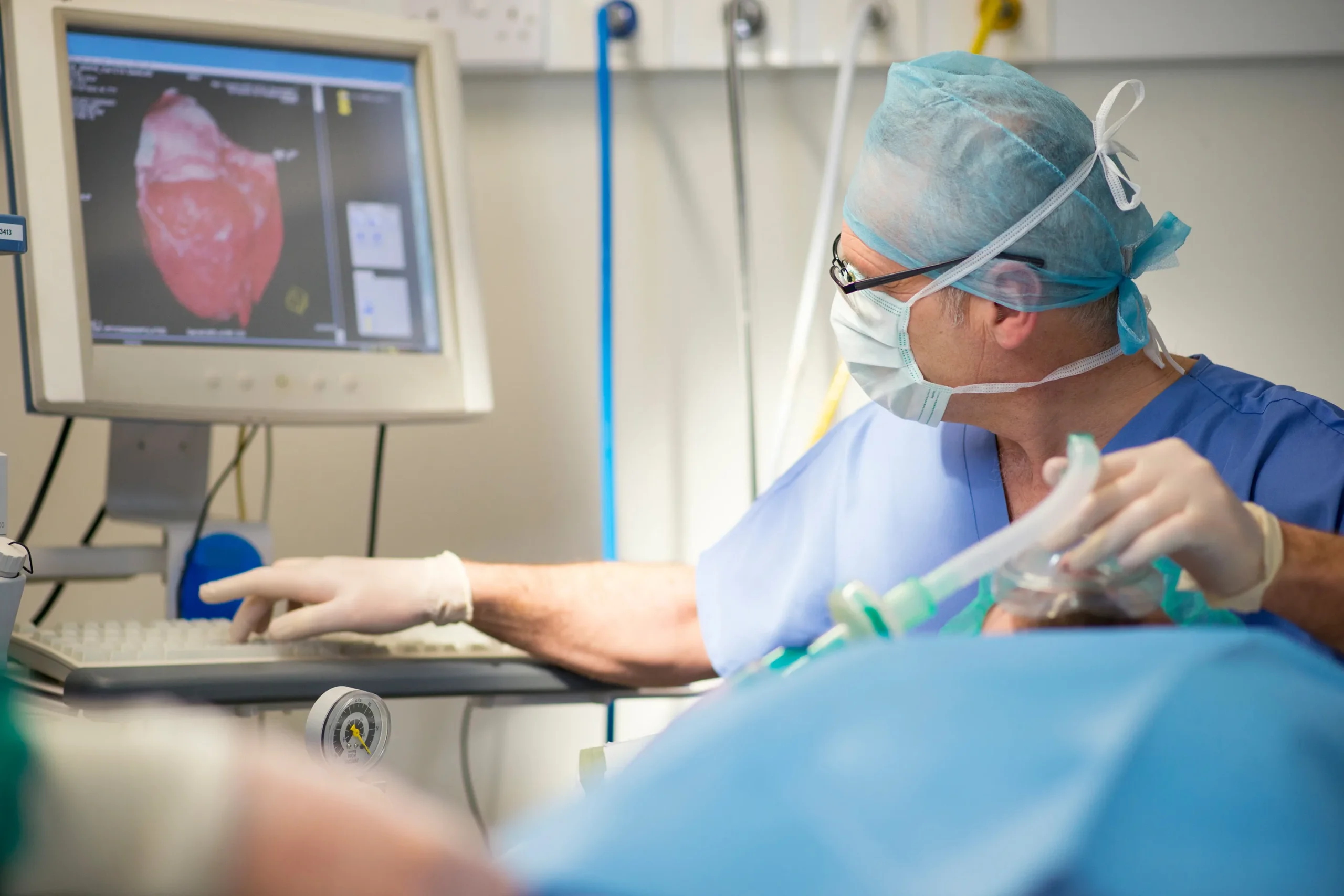
Many people feel confused during the first days after a major surgery because normal routines suddenly feel unfamiliar, and this emotional shift affects both comfort and confidence. According to our editor’s research, the first phase shapes the rhythm of your overall recovery. You may notice that your energy level rises and falls in unpredictable waves. This pattern is normal because your body is adapting to surgical stress. Small activities such as sitting upright or walking a short distance may feel heavier than expected. These reactions show how deeply the body focuses on healing beneath the surface. When you understand these early signals, the entire recovery process becomes less intimidating. Your goal during this phase is not to return to normal life quickly but to create a stable foundation for the steps ahead.
Why does pacing yourself matter so much?
People often believe they can jump back into life after discomfort fades, yet the body still needs careful pacing even when pain decreases. As a result of our editor’s reviews, pacing prevents stress on healing tissues that are not fully ready. You may feel fine in the morning and suddenly exhausted in the afternoon. This inconsistency can surprise many patients, but it reflects natural biological adjustments. When you give yourself permission to go slowly, you reduce the chance of setbacks. Gentle routines also help your body use energy more effectively. Pacing is not a sign of weakness but a smart step that allows your recovery to unfold smoothly.
How can movement safely return to your schedule?
Regaining mobility after surgery feels empowering, especially when you start with small tasks that remind you of your usual independence. According to our editor’s research, structured and progressive movement supports circulation, lung function, and soft tissue healing. Short indoor walks, light stretching, and slow positional changes rebuild flexibility and comfort. You may notice that simple movements reduce stiffness and help you feel more in control. When movement feels natural again, daily routines such as dressing, preparing breakfast, or stepping outside feel achievable. This gradual return grounds you and reassures your mind that recovery is moving in the right direction.
What role does nutrition play in rebuilding strength?
Nutrition becomes a quiet but powerful partner in your recovery because each cell involved in healing requires consistent nourishment. As a result of our editor’s reviews, balanced meals help maintain energy levels and support immune function. Proteins rebuild tissues, while vitamins and minerals support skin integrity and muscle restoration. You may find that your appetite changes during the first weeks, and this shift is normal. What matters is choosing meals that feel gentle but complete. Staying hydrated also reduces fatigue and improves your comfort. When nutrition aligns with your healing needs, your body gains steady fuel to rebuild strength and resilience.
How do rest habits influence your healing?
Resting after major surgery is more than sleep; it includes quiet pauses throughout the day that allow the body to manage inflammation and repair soft tissues. According to our editor’s research, irregular rest can slow healing and increase fatigue. Many people underestimate how much rest they truly need until their body signals exhaustion. Resting in comfortable positions that reduce strain around the surgical area offers important physical support. Gentle breathing during rest also improves the feeling of comfort. When rest becomes part of your routine, your body gains the space it needs to rebuild stability.
What emotional changes are expected during recovery?
Major surgery affects the mind as much as the body because uncertainty, temporary limitations, and discomfort create emotional reactions that feel stronger than expected. As a result of our editor’s reviews, people commonly experience frustration, restlessness, or temporary mood changes. These feelings reflect the psychological stress of healing rather than personal weakness. You may notice that daily tasks require more planning than before, and this extra effort may feel overwhelming. Talking with trusted people or engaging in calming routines helps ease these emotions. When emotional balance becomes part of recovery, you feel more connected to the process rather than controlled by it.
How to return to responsibilities without rushing?
Stepping back into work, family duties, or daily tasks requires strategy because pushing too hard too early may disrupt your healing rhythm. According to our editor’s research, setting small and realistic goals helps you regain your responsibilities without strain. You may start with light household tasks before returning to full routines. This approach reduces exhaustion and creates confidence. Adjusting work schedules or asking for temporary support also benefits recovery. When you approach responsibilities with patience, you rebuild your normal life gradually and safely.
Why follow-up appointments guide your return to normalcy?
Follow-up visits serve as checkpoints that confirm you are healing at a healthy pace. As a result of our editor’s reviews, these appointments provide reassurance and clarify what adjustments you need for smoother recovery. Medical professionals evaluate incision healing, mobility progress, and energy stability. You may receive updated recommendations that help you avoid complications. Regular check-ins also give you a chance to express concerns or ask simple questions you may not ask at home. With each appointment, your recovery becomes clearer and more structured.
How to rebuild confidence as your routine returns?
Confidence grows as your body strengthens because each small achievement proves that you are moving forward. According to our editor’s research, celebrating small progress like walking longer distances or completing a simple task increases motivation. You may notice that your mind becomes more optimistic when your body cooperates. This renewed confidence supports daily routines and encourages healthier habits. When confidence returns, the emotional weight of surgery begins to lift, allowing you to reconnect with your normal life in a grounded and comfortable way.
What helps maintain balance once recovery stabilizes?
After a few weeks or months, routines begin to feel familiar again, yet maintaining balance remains important. As a result of our editor’s reviews, many people benefit from continued gentle movement, adequate hydration, and gradual activity increases. Maintaining realistic expectations reduces pressure and encourages sustainable progress. You may also find that periodic rest periods prevent fatigue even after the body feels stronger. When balance becomes part of your long-term routine, your return to normal life feels steady, natural, and fully supported.
